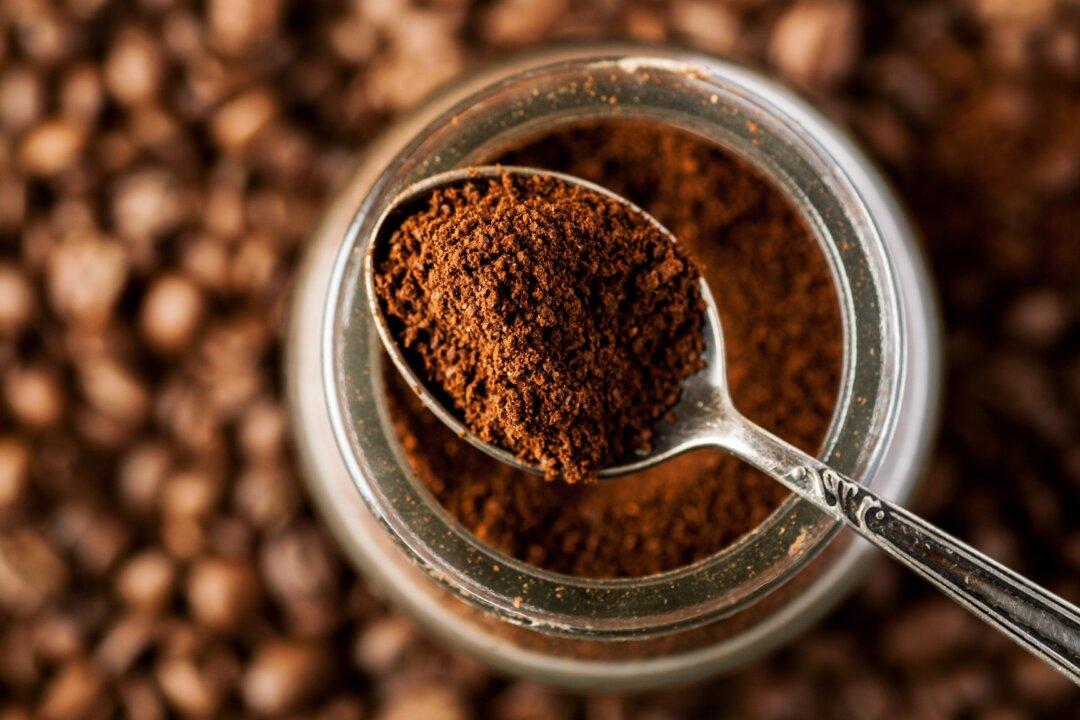Drinking a cup of coffee, whether sweetened or unsweetened, is associated with reducing the risk of mortality, according to the paper “Association of Sugar-Sweetened, Artificially Sweetened, and Unsweetened Coffee Consumption, With All-Cause and Cause-Specific Mortality,” published in Annals of Internal Medicine (pdf), by researchers from the Southern Medical University in China.
The research aimed to “evaluate the association of consumption of sugar-sweetened, artificially sweetened, and unsweetened coffee with all-cause and cause-specific mortality.”





